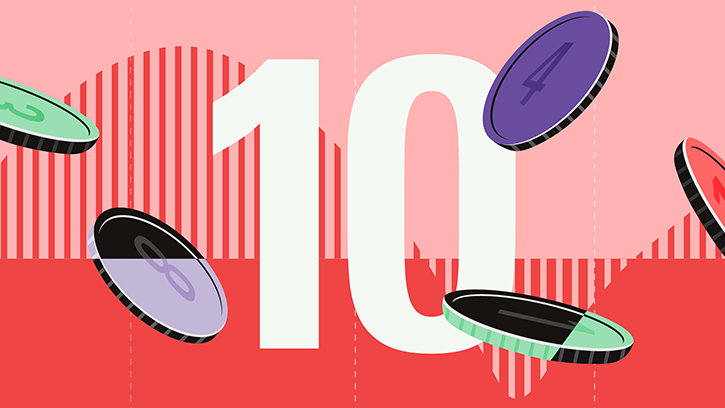
Performance fees are a controversial topic with investors. Some embrace them, while others see them as adding another layer of cost to investing in actively managed funds.
Do they incentivise fund managers to work harder and perform better?
With a flat fee, the danger to a fund manager in a year of underperformance is indirect. Some shareholders might sell their units, and new sales might suffer. With a performance fee, the danger is clear and present: trailing the index means not getting paid. Doing that enough times, for enough accounts with performance fees, would mean extinction for the company.
Thus, investment managers who have their feet held to the performance-fee flames will work harder, and presumably more skilfully, than those who work more comfortably.
Such is the theory. Personally, I am sceptical. Many business-school conclusions, including much of the support for variable compensation, are arrived at through reverse engineering. The professors review how businesses operate, then explain why those policies are optimal. Other social sciences don't work that way. They don't start with the precept that what currently exists is ideal.
Assuming that the performance fee is calculated over a sufficiently long period, so as to mitigate problems from investment managers attempting to game the system, it's hard to see what harm could come from implementing such fees. They are unlikely to be worse than the system they would replace.
Performance Fees Risky for Managers
The problem, as Jack Bogle would tell you, is that fund executives are loath to match their money with their mouths. It's one thing to run adverts boasting of active management's advantages; it's quite another to place the company's fortunes – and one's own career – behind that bet.
I appreciate their reluctance. It's not as if the fund industry's critics, by and large, have been any braver. Those who run alternative funds accept the rewards for success but not the penalties for failure. Asking fund companies to wager their revenues is a sizeable request.
But it's a challenge I would like to see accepted. The fund industry, of course, has a menagerie of share classes. Why not create one more, the P share, which uses a performance fee? The risk, at least initially, would be minimal for the fund company, because nearly all assets would be in the funds' other share classes.
Then, provide those funds' managers with "skin in the game". Guarantee them a portion of the performance fee generated from the assets in in P shares, should the fund fare well. Conversely, a poor fund showing would cut into that manager's bonus. Make the incentives feel real.
I doubt much would change. Making portfolio managers hungrier for success wouldn't improve their fund's results and nobody really knows how implementing performance fees would affect fund managers. So why not find out?





























